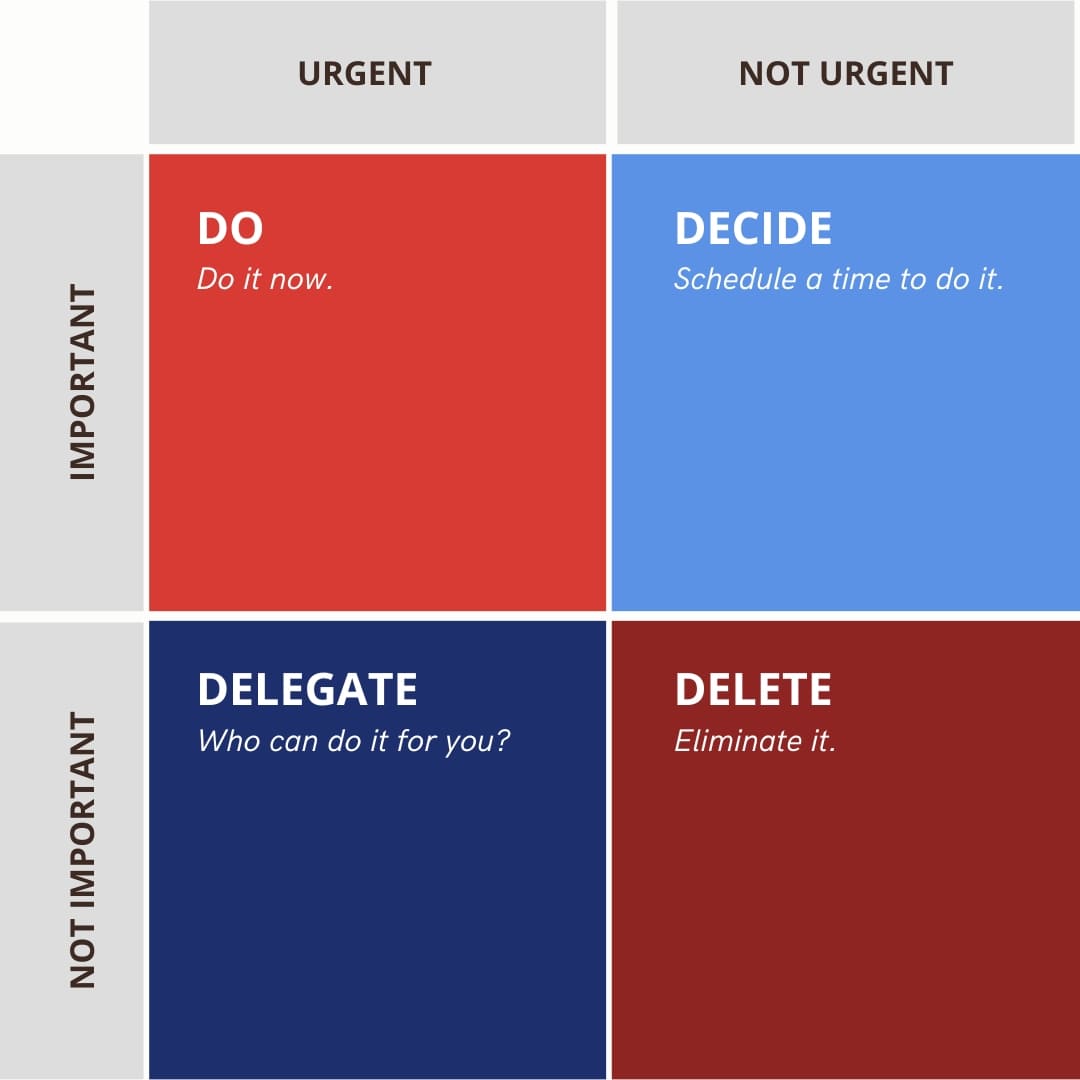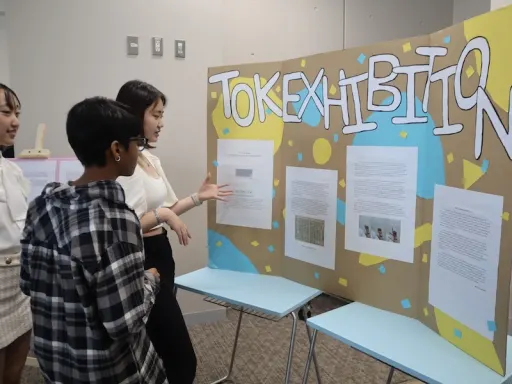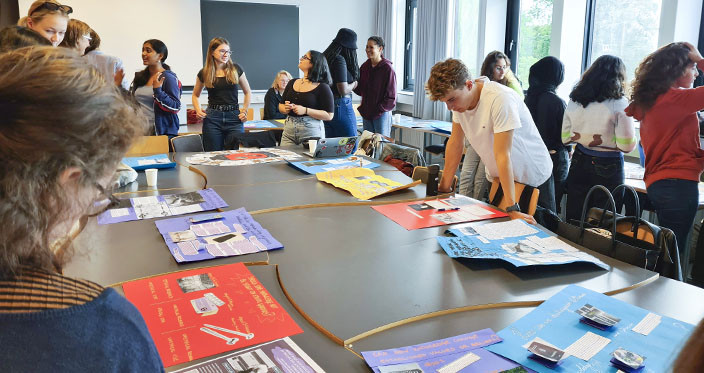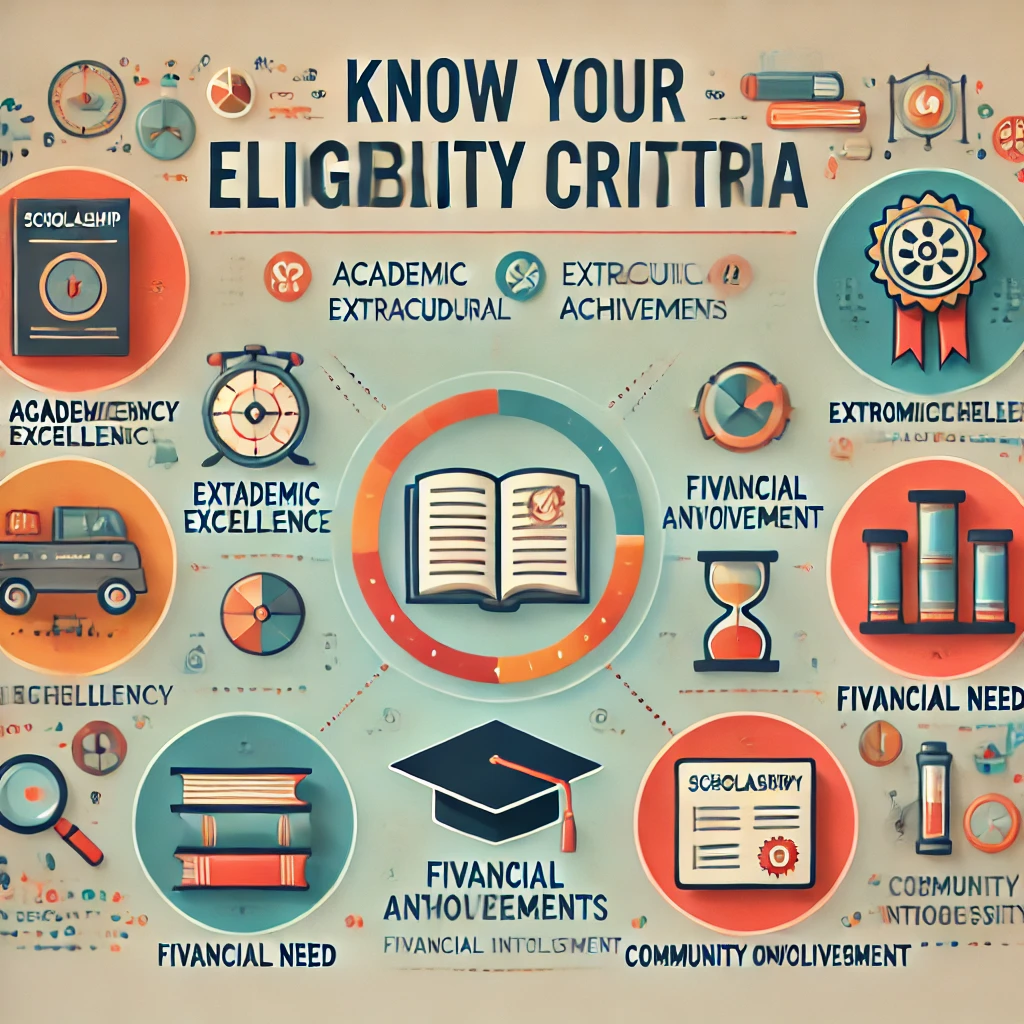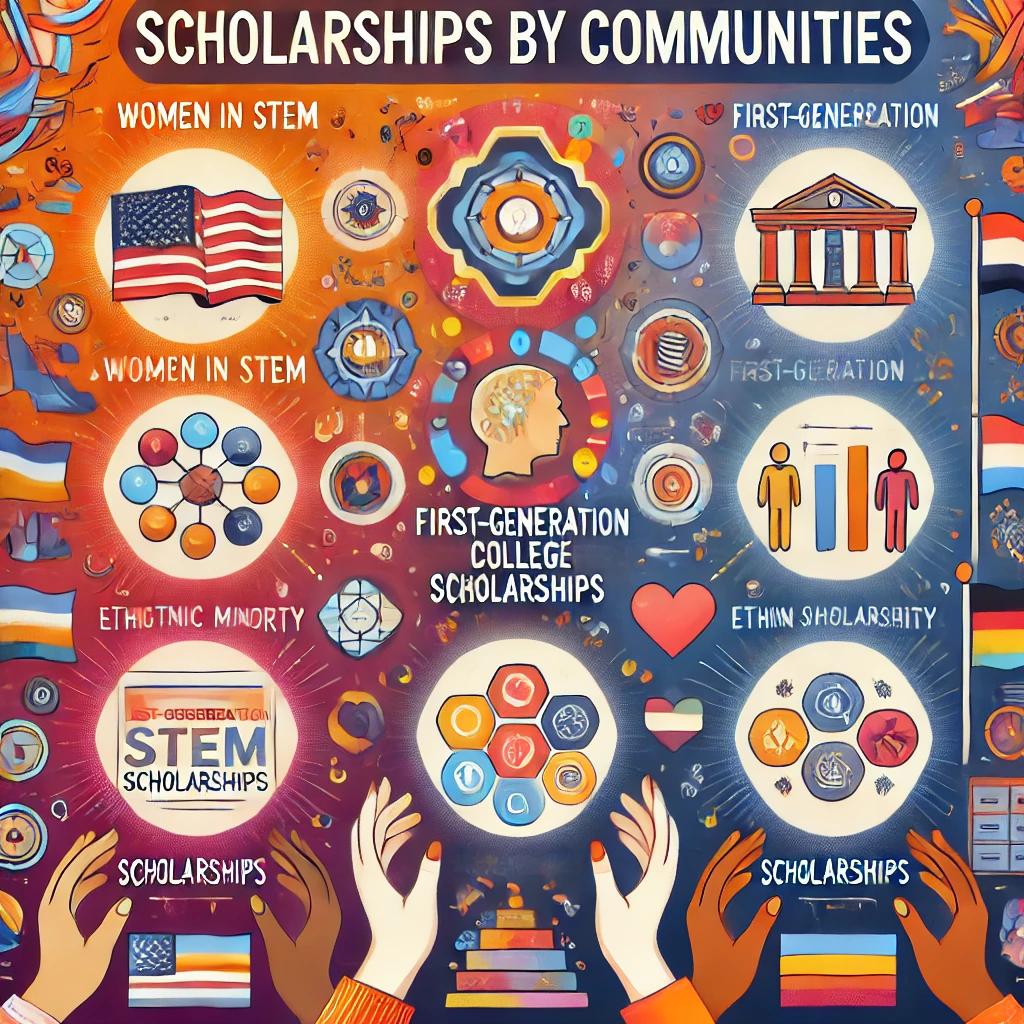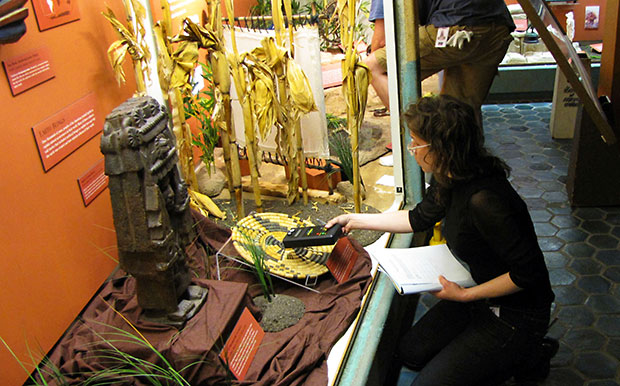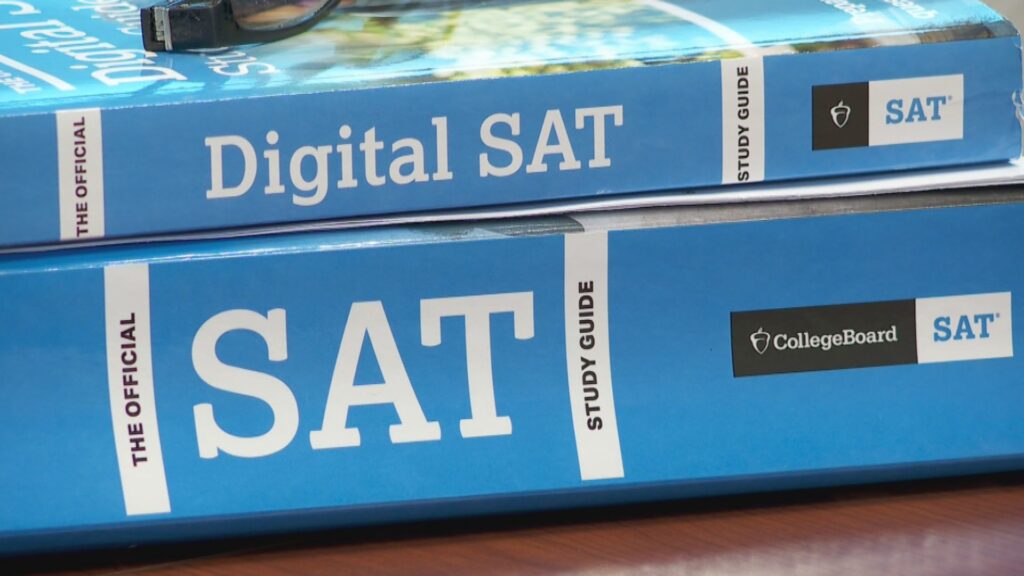Think of a time, 5 years ago. On a cloudy evening, a week after school begins, the streets are flooded everywhere. The monsoons are at their peak, and the school may declare a holiday tomorrow… Jump back to 2024 – how likely is it that you get a holiday now? Classes will be conducted online, and the teachers can efficiently complete their portion in time for the semester’s exams.
Sigh, no holidays anymore. The pandemic has changed everything for good (or bad?). But one thing is for sure – it has created multiple avenues and broken many obstacles that the young and the adults face while achieving their goals. This is where virtual meetings, virtual classes, work-from-home, virtual tours, and the likes, come in.
In our previous blogpost, we spoke about how important it is to visit your potential college. Well, not many students have the means and the sources to visit colleges in another state, country, or even continent. Enter the option of virtual tours of colleges – giving students and their parents the right tools to study campuses, facilities, and gain a better sense of understanding before they leave for their new journey.
What are Virtual Tours?
Virtual tours are online platforms that simulate an on-campus experience, allowing students to explore university facilities, academic departments, and student life from anywhere in the world. These interactive tours often feature 360-degree panoramas, videos, photos, and information hotspots, providing a comprehensive and immersive experience.
The rise of Virtual Tours
In the digital age, the way students explore and choose universities has undergone a significant transformation. Virtual university tours, once a novelty, have now become an indispensable tool for prospective students. These tours offer a convenient, accessible, and comprehensive way to experience a university’s campus, academic programs, and student life from the comfort of one’s home.
Listed below are top reasons why you should opt for virtual tours of your potential university:
1. Accessibility
Virtual university tours offer a convenient and accessible way for prospective students to explore campuses, academic programs, and student life. These tours eliminate the need for travel and accommodation, making them ideal for students from diverse backgrounds. By providing detailed views of campus facilities, academic programs, and student life through interactive features like virtual reality and live Q&A sessions, virtual tours help students make informed decisions about their academic future.
Additionally, these tours foster connections between students and universities, fostering a sense of belonging and facilitating personalised interactions. As technology continues to advance, this is poised to become even more immersive and valuable for prospective students.
2. Convenience
Beyond convenience, virtual tours provide a comprehensive exploration of university life. Through interactive features such as 360-degree views, virtual reality experiences, and video representations of the campus, students can virtually walk through classrooms, dorms, libraries, and other campus facilities. They can also learn about academic programs, faculty expertise, research opportunities, and student organisations.
By immersing themselves in the virtual environment, students can gain a deeper understanding of what it’s like to be a part of the university community. Offering 24/7 virtual information sessions is advantageous for colleges too, especially when catering to top applicants with busy schedules. This flexibility allows students to gain a comprehensive understanding of the campus environment, ultimately aiding them in making well-informed choices.
3. Enhances the enrolment process
Virtual tours also play a crucial role in the enrollment process. Studies have shown that students who opt for this option are more likely to apply and ultimately enrol in a university. By providing a realistic and engaging experience, virtual tours help students make informed decisions about their academic future. Additionally, virtual tours can foster connections between prospective students and universities, allowing for personalised interactions and building relationships.
Virtual tours can also offer unique insights, such as alumni interviews, student testimonials, and precise dormitory dimensions, which may be challenging to obtain during in-person visits. This additional information can help students feel more connected to the university and confident in their enrollment decision.
4. Wider reach with technology
As technology continues to advance, virtual university tours are likely to become even more sophisticated and immersive. The integration of artificial intelligence and augmented reality could create even more realistic and personalised experiences. Universities that embrace the change and invest in innovative technologies will be well-positioned to attract and retain top talent.
They offer a significant advantage in education, especially for reaching students from diverse locations. Compared to in-person visits, virtual tours have a broader reach. By offering an online platform that replicates the on-campus experience, virtual tours can connect with countless prospective students globally. Additionally, the ability to share links via email and social media further expands a college’s influence and reach.
5. Cost-effective and time-saving due to multiple visits
In-person visits can be time-consuming and costly for both universities and prospective students. Virtual tours offer a more efficient alternative, allowing students to explore campus life anytime from anywhere. This can even enhance in-person visits by attracting serious candidates and deterring those who may not be a good fit, ultimately improving admissions outcomes. By providing a comprehensive virtual experience, universities can save resources on in-person tours while also attracting a wider pool of qualified applicants.
Also, repeated virtual visits enable prospective students to gain a comprehensive understanding of the campus environment, facilities, and their overall fit for the college. This reduces uncertainty, minimises doubts, and empowers applicants to make informed decisions with greater confidence.
Here’s a website that can quickly help you find whether your potential colleges offer virtual tours, and their links and other details pertaining to the same: https://campustours.com/
In conclusion, virtual university tours have revolutionised the way students explore and choose universities. They offer convenience, accessibility, and a comprehensive exploration of campus life. By providing a realistic and engaging experience, virtual tours play a vital role in the enrollment process. As technology continues to evolve, this will undoubtedly remain a valuable tool for both students and universities.
Are you applying for university this year? Do you need help with your university essay, SAT prep, and academic guidance? Reach out to Young Scholarz for not just guidance but also to help achieve excellence!





